Here’s a quick update on what I’ve been working on and where things are headed over the next couple of months:
So far, my writing has focused on self-improvement—interweaving various strands of philosophy and science to offer insights on how we can live better, more authentic lives.
A central theme has been pain—how stepping outside our comfort zones and embracing discomfort helps us grow stronger, more confident, and ultimately more at peace. Through my research, I’ve realised that just because something feels painful or negative in the moment, it doesn’t mean it’s harmful. In fact, our cultural obsession with chasing pleasure and avoiding pain has made our society dramatically more anxious, risk-averse and fragile as a result.
But now, I’m ready to sharpen my focus. I want to clarify the purpose of Lifestyle Harmonics, define its niche, and highlight its vision going forwards.
At the heart of this new direction lies the concept of agency: namely, our ability to take control of our lives and to act with purpose and intention. Knowing this, I want to take the time to explore what agency really means—how we can cultivate it in today’s world and why it’s essential for leading a meaningful and fulfilling life.
Why Agency Matters More Than Ever
The reasons for this shift are perhaps more obvious than we’d like to admit: A recent survey found that over half of 17 to 22-year-olds have experienced a serious decline in mental health over the past five years. Worryingly, Gen Z is facing not just a mental health crisis but financial struggles as well. Bank of America reported 73% had to change spending habits due to rising prices. By early 2024, about one third were in precarious financial situations, with many forced to skip meals or cut back on travel due to economic strain.
Tying these two things together, people from lower-income backgrounds are 4.5 times more likely to suffer from severe mental health problems compared to wealthier individuals. And herein lies the problem: These issues go much deeper than financial hardships; they’re broader trends that cut across social and economic lines, undermining many peoples lives.
Add to that, we have rising suicide rates, which are the highest they’ve been since 1938, and it's clear the modern era has become one of disappointment and disillusionment Drug and alcohol-related deaths have surged since 2000. In 2021 alone, nearly 107,000 Americans died from drug overdoses. Men, especially, face a much higher overdose mortality rate—particularly from opioids and stimulants—being 2 to 3 times higher than women.
On one level, these grim statistics paint a bleak picture, but they also highlight why focusing on agency is more crucial than ever. In a world where so many feel powerless against larger socio-political forces, the need to reclaim control over our own lives and respond to destabilising social dynamics has never been greater.
Jean Seaton, a popular media historian, argues that technology has already shifted the balance of power away from individual agency, with authoritarian regimes exploiting these systems to monitor and control populations. Other experts, like Fay Niker, warn that the way digital technologies have already restructured our lives is damaging both our mental health and moral well-being. The fear is that in the future only a select few will retain any meaningful control over their lives, while the rest of us become trapped in a digital matrix—a dystopian framework that narrows our choices and limits our possibilities.
And this is where Lifestyle Harmonics steps in: By understanding agency, by establishing a clear conceptual roadmap towards this elusive quality, we can push back against the forces that seek to diminish us. And while this path may be difficult and challenging, I believe it can guide us towards a life that is rich, rewarding, and resilient.
The Three Phases of Building Personal Agency
To this end, I’ll be revamping the website over the next couple of months, shifting its focus from the Apollonian-Dionysian dialectic to a deeper understanding what agency really means—and how we can cultivate it. In the spirit of transparency, here’s a brief outline of my approach as things stand:
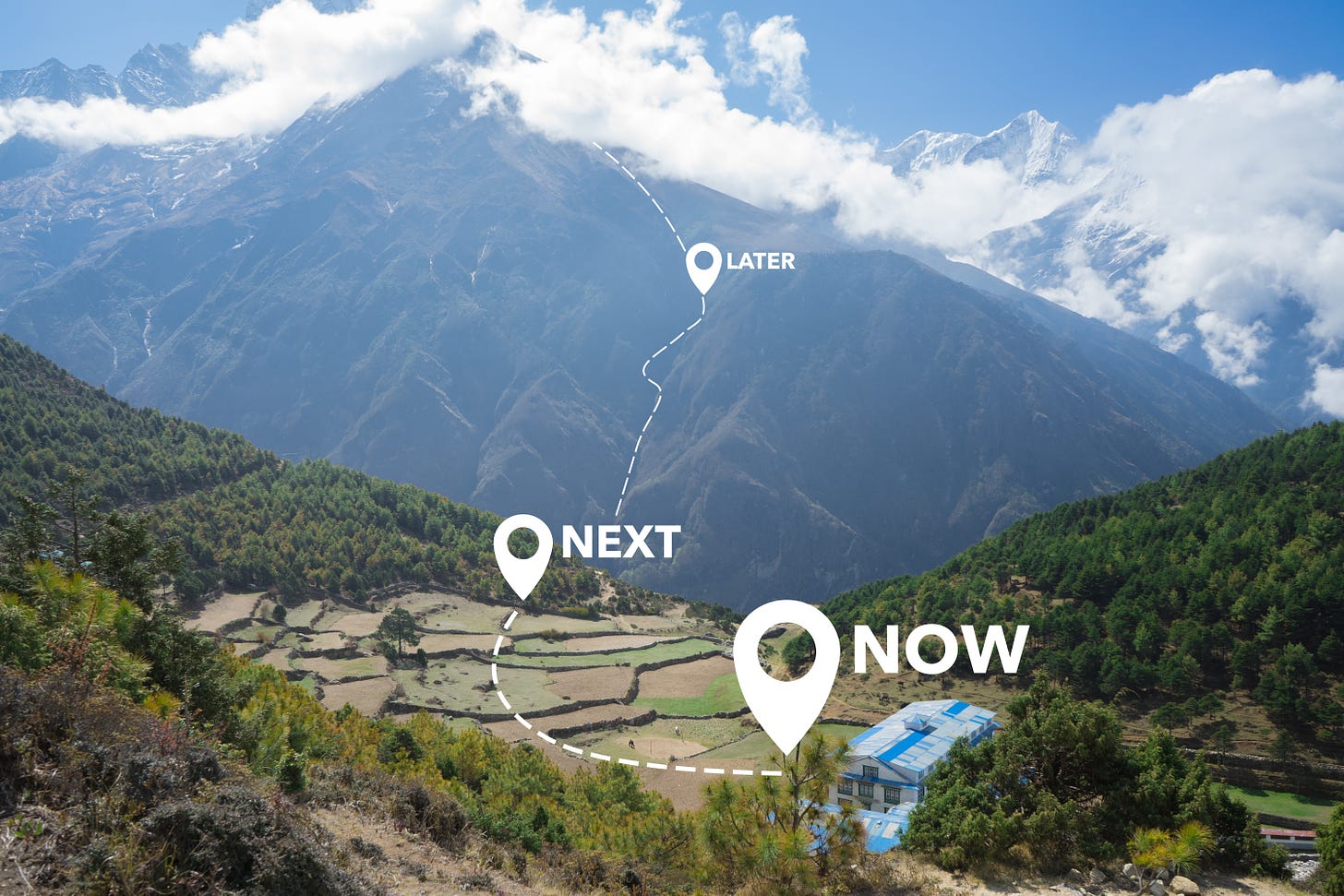
1. Cultivation of Self: The first step is developing a strong, grounded sense of who we are. We do this by embracing the natural tension between chaos and control, spontaneity and structure—namely, the Apollonian and Dionysian principles. In essence, to live authentically, we must first learn to navigate between these two forces, fully integrating both into our lives. (I will be posting more about this concept in the near future).
2. Integration of Self (into wider social and political landscape): While the Apollonian-Dionysian dialectic is a valuable device in developing a strong sense of self, it doesn’t fully cover the next phase of agency, namely how we interpret and engage with the world around us. This centres around the concept of “emergent qualities”—things that arise when we integrate ourselves into the broader social landscape, such as relationships, social capital, status, earning potential, and community.
3. Transmutation of Self (into wider social fabric): The third and final stage of agency occurs when we externalise ourselves, going beyond simply integrating into the current paradigm and instead actively shape the world around us. This stage is about manipulating both our material and conceptual surroundings, permeating into the wider social fabric and leaving a unique imprint. While Apollo and Dionysus help in the cultivation of the self, it’s a lesser-known duality between the material and abstract that guides us here.
Reclaiming Agency in a Flawed Social Landscape
With that being said, I’ve personally experienced how flawed and corrupt the social fabric of the 21st century can be. In my mid-twenties, I walked away from a promising corporate banking career because I couldn’t reconcile the organisation’s changing values with my own. But withdrawing from the world—turning away from a society I perceived as broken—was a mistake.
By withdrawing, I lost agency. I cut myself off from the sort of opportunities that arise from an active and energetic engagement with the outside word, reducing my potential in areas like building wealth, status, and network capital. Given all that, the real challenge lies in navigating and engaging with a world that no longer easily supports authentic integration. This approach requires embracing the social fabric without surrendering to it; staying true to yourself while at the same time actively putting down roots.
This is no small task. Keep in mind that when we look around we see the traditional institutions we once relied upon—fraternities, local communities, boy scouts, men’s clubs—have either been dismantled or diluted into oblivion. Taking this perspective, it’s hardly a surprise that the thickly-interwoven community life and social fabric of the twentieth century has all but unravelled.
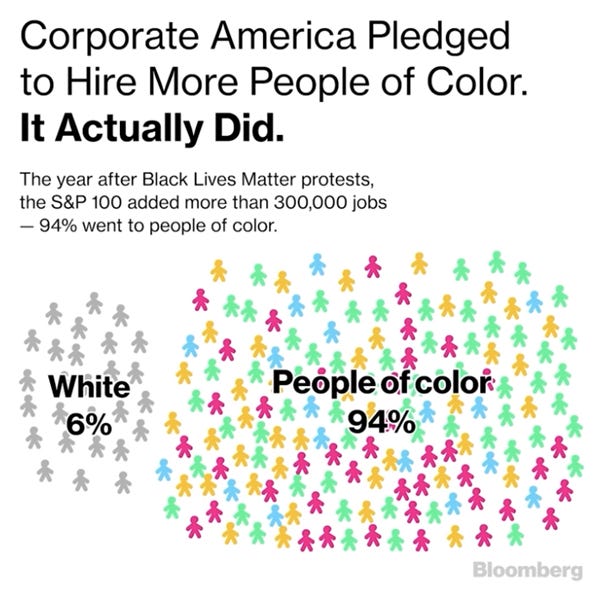
But retreating into isolation, becoming disconnected and disengaged, isn’t the solution. The answer instead lies in establishing alternative forms of infrastructure that allows us to fully integrate into society—despite these trends—and make a meaningful impact. And I believe this can be achieved by combining emerging technologies with the raw, collective will to act and create change in the real world.
That being said, the first and most crucial step is developing a strong sense of self. And this is where Lifestyle Harmonics will begin—helping people build a grounded yet resolutely vital sense of identity. Once we have that core, we can begin to extend ourselves into the wider social fabric with purpose and practicality.
Creating a Shared Vision for Tomorrow
You may not agree with this concept of high-agency living, but consider this: countless surveys reveal a growing worry among parents about their children’s futures. The biggest fear? That their kids’ career prospects are at risk in a world where the middle class is shrinking and widespread social fragmentation is on the horizon.
A recent survey by EY revealed that 50% of British parents feel ill-equipped to guide their children in making career and life decisions. More specifically, they feel out of touch with the realities of today’s job market and struggle to understand the alternate pathways that are emerging in a rapidly destabilising economic landscape. To ram this home, a second survey revealed many parents believe their children face worse job prospects than they did, despite being better educated.
The truth is, the complexities of modern life—along with rising inequality, a loss of tradition, and intense social changes—have left a whole generation feeling isolated, directionless, and overwhelmed.
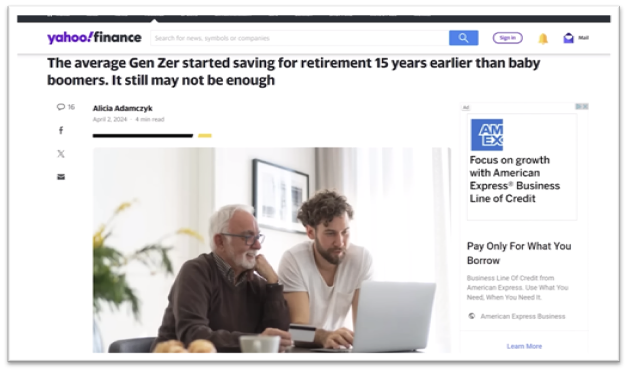
The purpose of Lifestyle Harmonics will be to help these people develop a strong identity, and then to guide them through the rapidly destabilising contours of the modern world; a world marked by quiet privatisation, growing social inequality, and economic upheaval.
Additionally, and relatedly, I want to forge a community of like-minded people who have a broader passion that extends from a vision about how the world should be. It’s this shared vision, this common purpose, that forges real connection, a brotherhood based on a teleological drive to shape the future together.
As always, if you have any feedback on these ideas, please feel free to get in touch or leave a comment. This is still very much a work in progress, and I’ll be continuing to develop and refine these concepts in the lead-up to the official launch in the not-to-distant future.





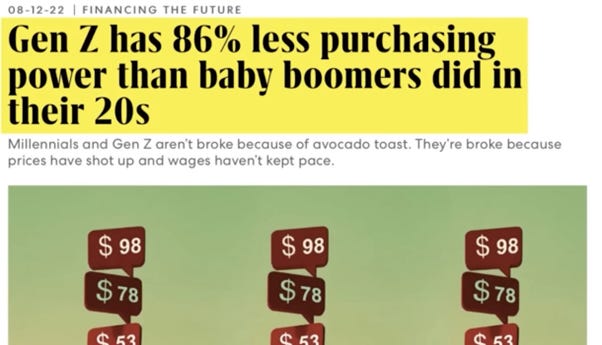
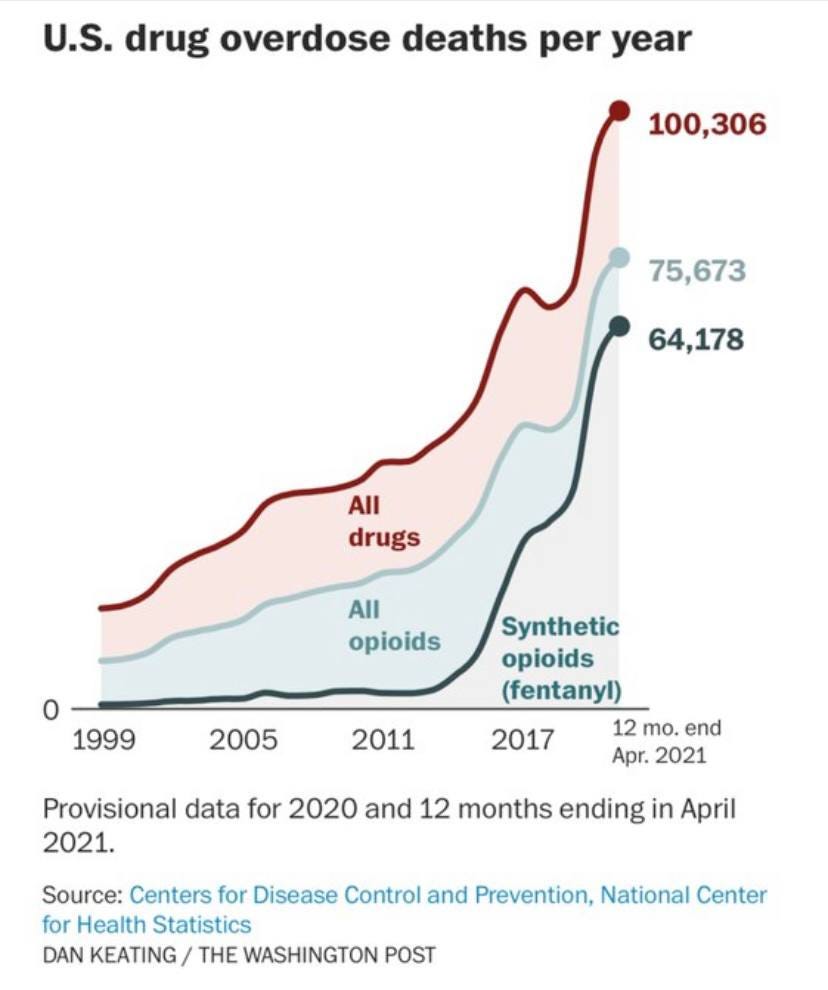
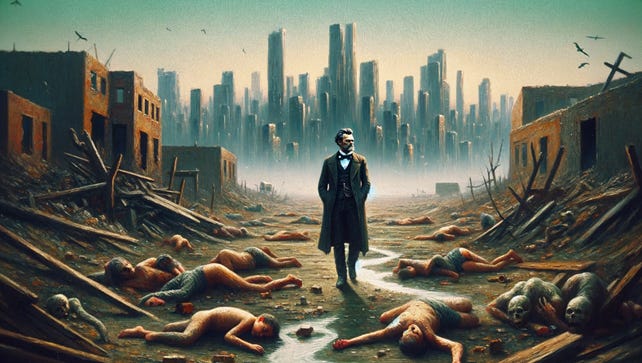

Loved the article insightful and meaningful thank you for keeping us updated in your journey
> This approach requires embracing the social fabric without surrendering to it; staying true to yourself while at the same time actively putting down roots.
This is a noble goal, but many of us have stayed true to ourselves and been fired and/or ostracized professionally, not to mention the loss of social connections over political schisms. It takes two to tango, as they say, and the social fabric is irretrievably broken.